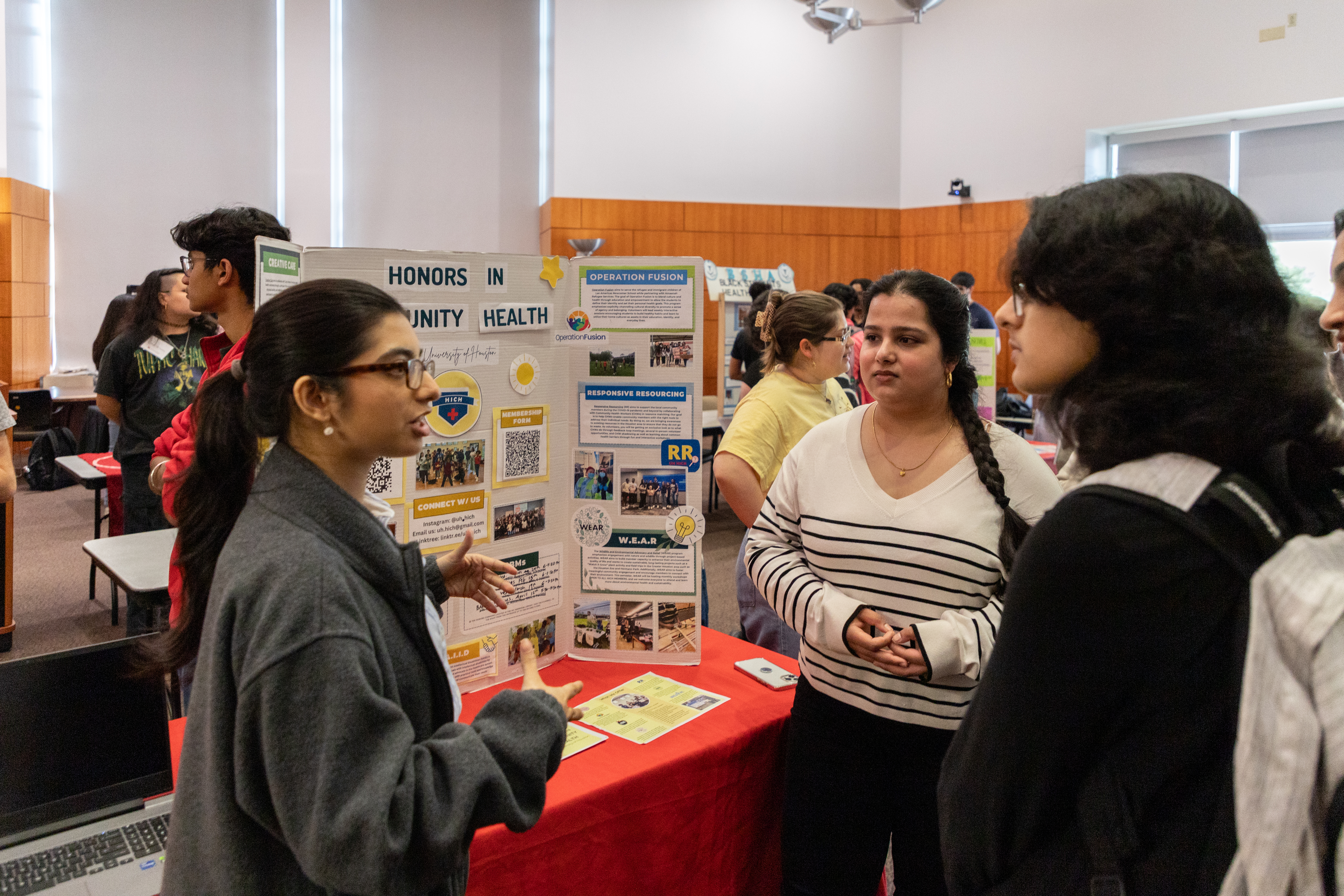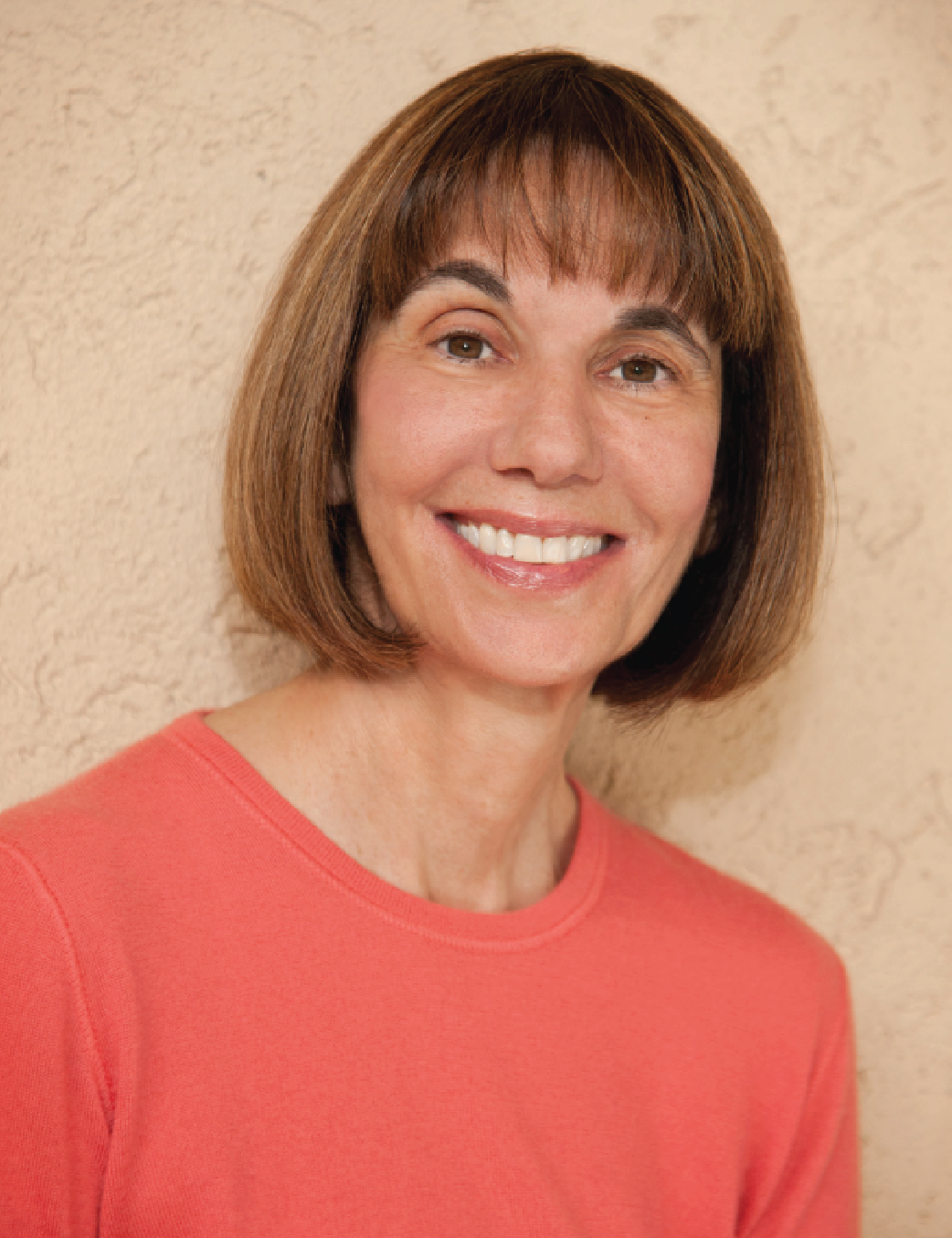| TIME |
EVENT |
DESCRIPTION
|
9 A.M.
|
Onsite Registration
|
The Honors College
M.D. Anderson Library, Second Floor
|
|
|
|
9:30 - 9:50 A.M.
|
Opening Remarks
Welcome from Dean Heidi Appel
Recognition of MedSoc Faculty from outside the Honors College
|
Elizabeth D. Rockwell Pavilion
MD Anderson Library |
|
|
|
10 - 10:50 A.M.
|
Workshop Session #1
|
|
|
Session 1a: Kahlo. Pain. Power.
Facilitators: Lesli Vollrath, Robert Liddell
|
In her diary, Frida Kahlo writes, "Anguish and pain- pleasure and death are no more
than a process." What does Kahlo mean when she describes pain as a "process"? How
does art offer us a different context for understanding pain? In this workshop, we
will explore how pain-as a mental and physical experience- shapes our lives and encounters
in the healthcare system. We will then examine several paintings and images from Frida
Kahlo's oeuvre to consider the body as a source of pain, suffering, and power.
|
|
Session 1b: Telling Stories Visually: An Introduction to Graphic Medicine & Society
Facilitator: Amerisa Waters
|
Graphic narratives of illness and caregiving convey the complexities of medicine through
the pairing of image and text. This workshop introduces participants to the field
of Graphic Medicine and will explore a variety of approaches to visual storytelling
through comic examples and workshop activities. Participants will be taught the elements
and fundamentals of making comics and will learn the power of pairing images and text
to share their stories.
|
|
|
|
11 - 11:50 A.M.
|
Workshop Session #2
|
|
|
Session 2a: Drawing for Change: Health Activism through Comics Creation
Facilitator: Amerisa Waters
|
Comics have been used to foster new ways of seeing and exploring the lived experiences
in medicine, as well as the social contexts that shape those experiences. Using comics
from the HIV/AIDS crisis, this workshop will introduce participants to the ways comics
have functioned as advocacy and activism in healthcare. Through workshop activities,
participants will learn fundamentals of creating comics to challenge inequity in healthcare.
|
|
Session 2b: Her Screams Are Not Important
Facilitator: Ricardo Nuila
|
In this workshop, we will read Hemingway's short story "Indian Camp" and discuss the
patient-doctor relationship as seen through different social contexts raised in the
story.
|
|
Session 2c: Alumni Panel - Preparing for a Career in Healthcare
Facilitator: Michelle Belco
|
Meet four graduates of the Honors College Medicine & Society minor who will share
their experiences on preparing for a career in healthcare. The varied academic journeys
of the panelists will provide a broad range of different experiences to inform the
audience. There will be sufficient time for questions after the alumni presentations.
|
|
|
|
12 - 1 P.M.
|
LUNCH |
The Honors College Commons
M.D. Anderson Library, Second Floor
|
| 12 - 1 P.M. |
Building the Future of Health: Student Organization Showcase
Facilitators: Arlene Macdonald, Noelle Nguyen |
Meet the UH student organizations that are shaping the future of health! Whether you're
passionate about medicine, public health, research, advocacy, or medical humanities,
there's a group eager to connect with you. Explore opportunities to deepen your commitment
to healthcare excellence, gain insight into the human experience of illness, advocate
for health equity, and grow professionally alongside likeminded peers.
Join us over lunch for the Student Association Showcase-grab a bite, meet student
leaders, and find your place in UH's vibrant health community!
|
|
|
|
1 - 1:50 P.M.
|
KEYNOTE: “The People's Hospital: How Public Healthcare & the Humanities Can Reshape Healthcare”
Ricardo Nuila
|
The Elizabeth D. Rockwell Pavilion
M.D. Anderson Library, Second Floor
Where does an uninsured person go when turned away by hospitals, clinics, and doctors?
In this talk, Ricardo Nuila takes us inside the Harris Health System and Ben Taub
Hospital, where he has practiced for more than a decade. Dr. Nuila will read portions
from the book that detail the broken system's effects on his patients, and how the
public healthcare system—which emphasizes people over payments—might light the path
forward. He'll also detail how the medical humanities helped form this compassionate
healthcare system. |
|
|
|
2 - 2:15 P.M.
|
Closing Remarks
|
The Elizabeth D. Rockwell Pavilion
M.D. Anderson Library, Second Floor |
|
|
















